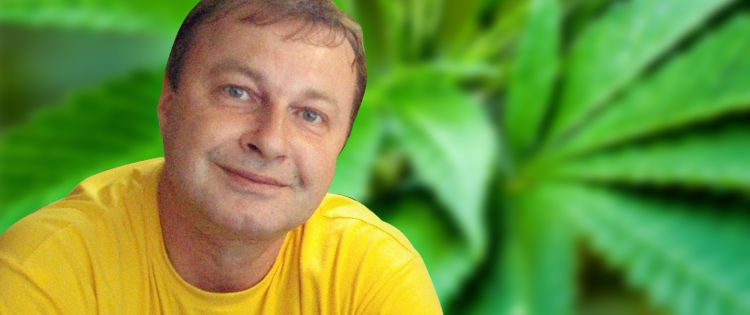Except for the fact that Guenter Weiglein speaks German as his first language, he could pass very easily for an American canna patient on the front edge of reform. His struggle, although coming to a much faster and better end with a silver lining, sounds very much like those who have battled for medical access stateside over the past 15 years. If not longer.
The difference between Weiglein, however, and most American patients, is that his dedicated battles for access for himself and others have actually gone somewhere. This is his story.
Weiglein was introduced to cannabis fairly early. Like many Gen Xers, he started using cannabis recreationally as a teenager. Some might remember those days in the States as the world of “Just Say No.” Or maybe it was time for those with gay friends who were lucky enough to access the limited federal programs or underground drug networks that distributed cannabis to fight the AIDS epidemic.
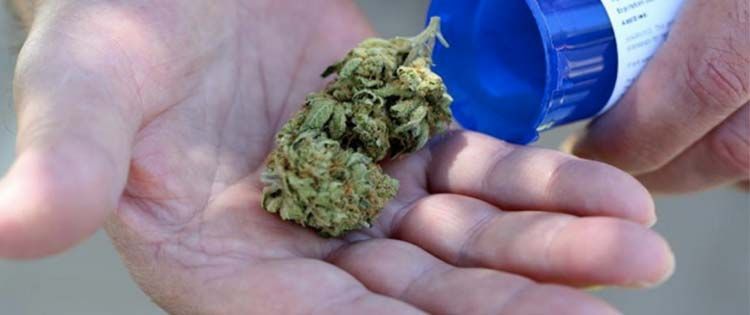
When it came to cannabis? Pot was around. No big deal in the early 80’s, but by the end of it, causing the mandatory drug testing of all workplaces.
Weird in other words. And usually something this generation was forced to give up even once in awhile if they wanted regular employment.
The German side of things was certainly less inflamed. Despite some forays in this direction around the same time, the German government (actually at that point both of them) had a few more important things to worry about. The fall of the Berlin Wall and the reunification of a country pushed issues like mandatory drug testing to a back burner.
At a time when the federal administrations of the United States were steadily undermining New Deal protections, the German government in stark contrast was also rebuilding an administrative structure to reunite a country. That required federal discussions that literally went the other way. It did not mean that there was no liberalizing of the economy. However, health insurance is a unifying feature of German life here. The idea of a population that is fundamental without it, is as foreign here as bad beer with no options.
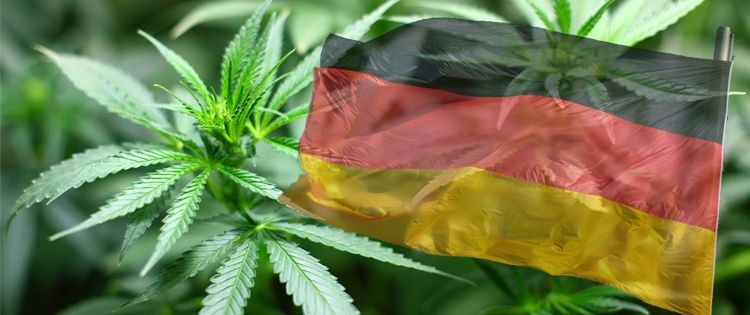
For that reason, not to mention the fact that the War on Drugs was never fought at the same fever pitch, the approach to “illegal drugs” in general was very different here. Cannabis use is still widely misconstrued here as a “drug problem” but it is treated mostly via public health channels for possession at any rate.
That is not true for those who decided to grow, and certainly not sell. Police treatment of people who have been caught up in raids is not a popular discussion point among a whole group of people in Germany who also call themselves patients. Again, however, in comparison to how such people have been treated in the United States (including the Harvey family travesty), Germans in similar situations are lucky.
That does not mean it was pleasant. Driving and cannabis use is another place where the official response has long been extremely harsh here in Deutschland. Frequently patients find themselves at the pointed end of both situations.
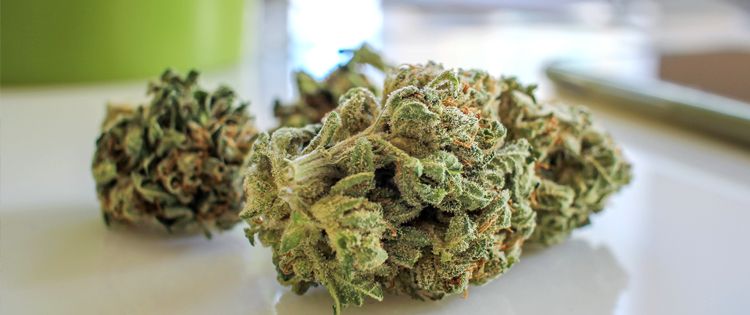
And in response, Germans like Weiglein have taken the additional freedoms they have here much further. Like many people of a certain age, in other words, he grew up believing that cannabis was a fun recreational drug that relaxed him and that he gave up as adult life beckoned with all of its responsibilities.
After a motorcycle accident at the turn of the century left him in severe pain, however, his life changed again. Today he sports scars and mostly unnoticeable stiffness when walking. But it is clear that his life after his early 30’s changed in a way that made his previous existence seem like a different world. An introduction to a place where chronic pain is a daily companion can do that.
However, like many people in his condition, Weiglein managed. He began the diet of serious drugs, including opioids that his doctors prescribed to him. He picked up work when and where he could.
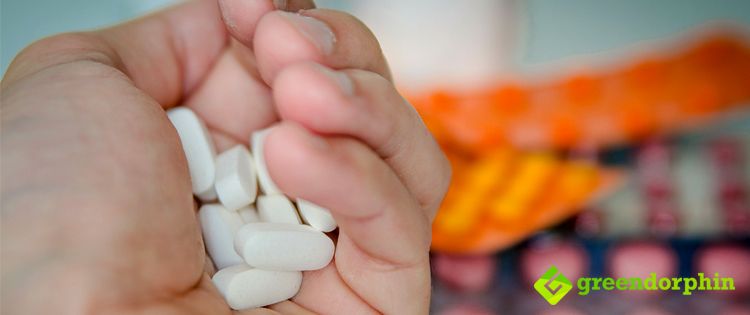
In 2006, four years after his accident, a couple of friends re-introduced him to cannabis. It was nothing major. Just a joint at a party. However now Weiglein realized that it took away the throbbing aches in a way his other prescription drugs did not.
So he ditched the other drugs, just like other patients, and starting using cannabis instead. Like most people at this stage, he bought his supply on the black market. It was not something he wanted to do, but a choice nonetheless he was willing to make given that he had no other access.
One night later that year, however, he was pulled over in a late-night police dragnet. He was sober and had been working as a driver for a mobile restaurant truck that delivered lots of pizzas to parties. It did not matter. He refused all drug tests. At this point, per German law, it is up to a judge to order a blood test. That was ordered. And, no surprise, traces of THC were found in his blood.

At that point, afraid he was going to lose his license, Weiglein again did something that is not possible in the United States. He went to his doctor and sought advice. The doctor suggested a prescription of Dronabinol. Weiglein immediately went on this regime.
The only problem? Like many people, Weiglein found it did not work. However, with this, he was able to fight off the DMV. He kept his license. And then got active as a cannabis reformer. The next frontier? Free or cheaper access. Cannabis was at this point beginning to be available for severely ill patients via doctor’s license and special permission. However one still had to pay for it at pharmacies who charged north of $1,500 per month per ounce. It was all imported from the Netherlands.
Weiglein, partly out of need and partly out of a desire to change the law, stepped into the breach with a legal challenge to allow patients to grow their own.
This time, Weiglein went a bit further than traffic court. He and four other German patients sued the government for home grow. Three, including Weiglein, won their battle last year in Cologne. Their battle for medical access over the past few years on the legal front can also be credited with helping change German law on the issue of not only medical access but German healthcare coverage of the same.
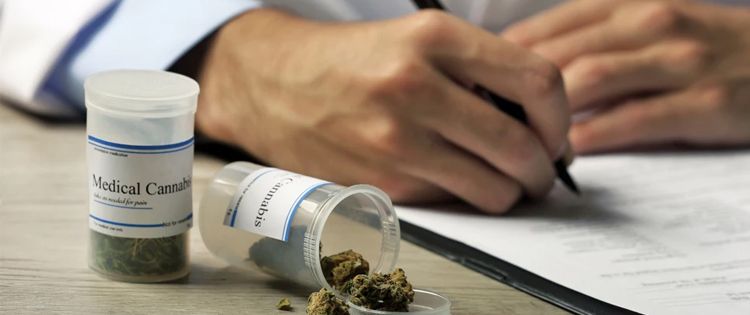
The one casualty? Medical home grow has now been basically outlawed. Weiglein will not be able to get a license to grow commercially, thanks to his police record. It is uncertain when his right to grow at home will be curtailed.
However, while Weiglein’s right to grow cannabis might be a passing privilege, his battle for access for all German patients means that as of today, any German citizen, with a prescription that can be written by any doctor, for any condition they deem it necessary to treat, can be redeemed in any German pharmacy. And since it will be covered under healthcare, from the way the regs are written, it appears that up to 5 ounces a month will be available to every patient who needs it, for the bargain basement price of 10 euros (US$12) a month.
As reformers go, Weiglein might not get a chapter in the history of German cannabis legalization. However, he has certainly earned his right to a mention. And hundreds of thousands of German patients if not their families will benefit as a result.
For Americans who battle still, for the same rights, take heart. The way is still rocky, but there is light at the end of the tunnel.
Has cannabis impacted your health and life in general?
Share it with our community in the comment section below or contact us and your story may be the next to be featured.
- Guenter Weiglein – The Persevering Patient - July 7, 2017
- Dr Peace – A German Cannabis Doctor On The Go - July 5, 2017
- The German Marijuana Edibles Market - July 3, 2017

